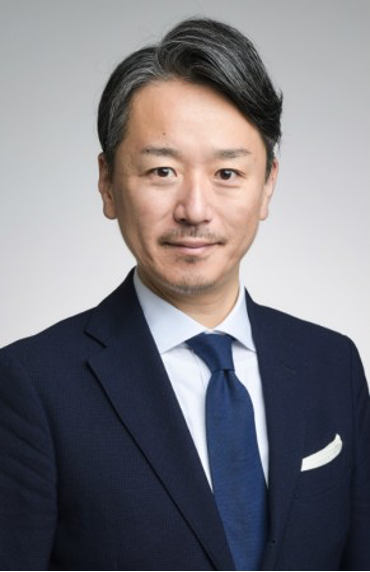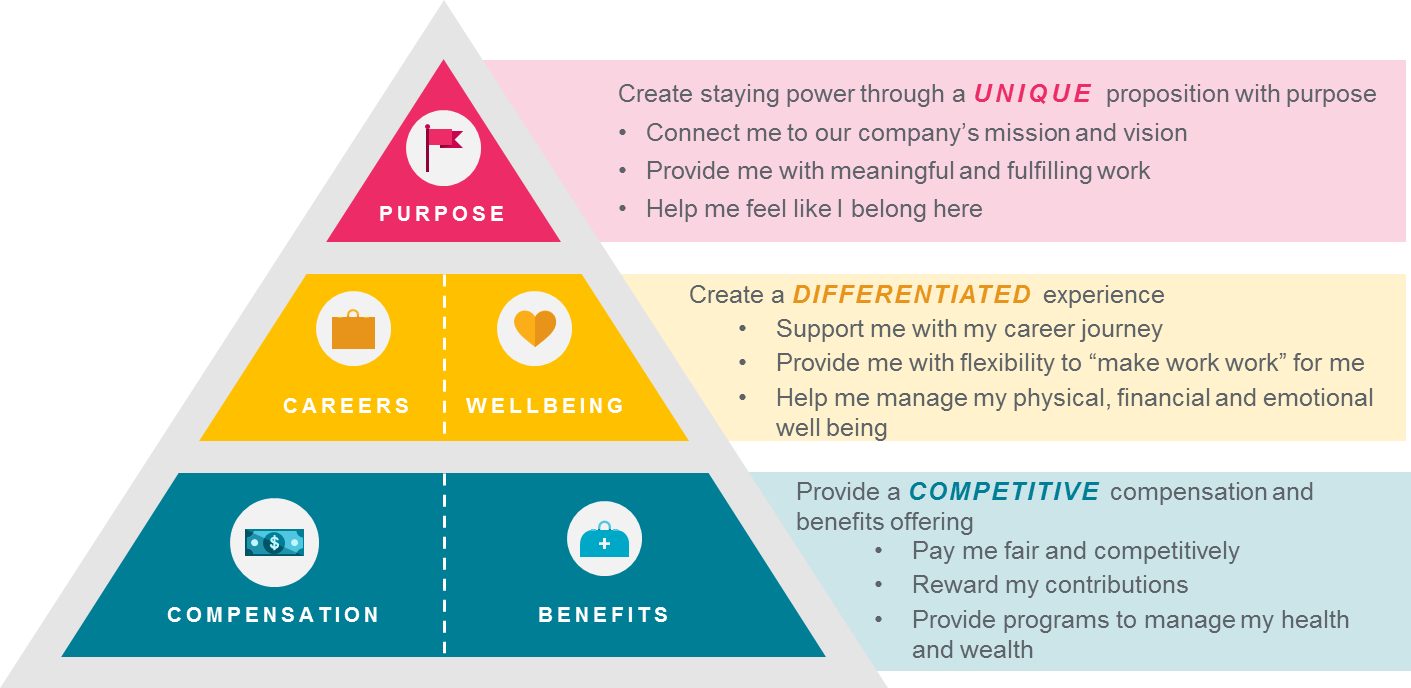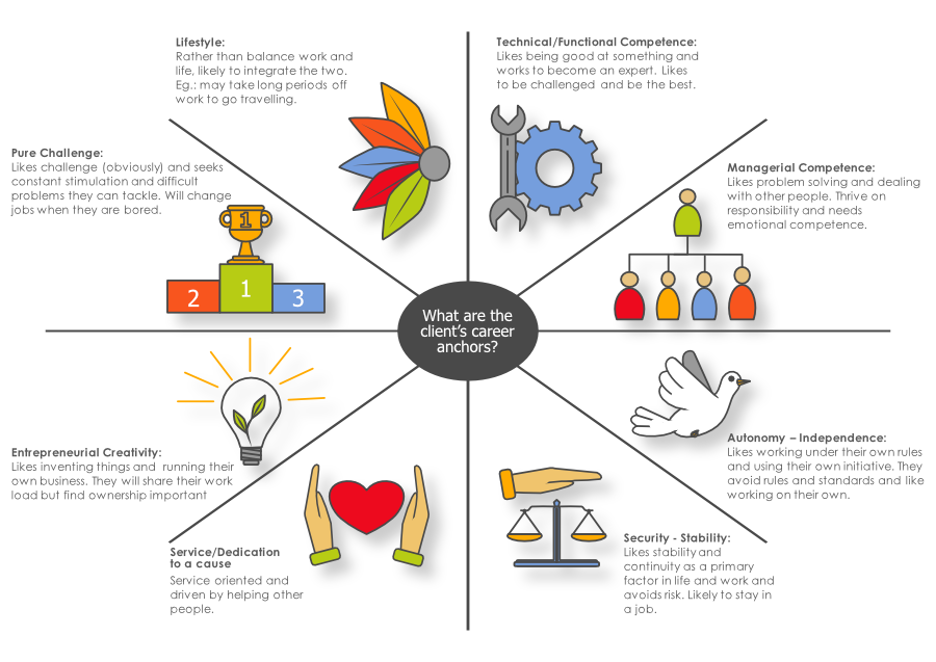How many careers should you have in your lifetime? Given the highly dynamic environment we are living in — technological innovation happening at a rapid pace, unmitigated global pandemic, economic uncertainties, changing social and cultural values, and global shifts in the pools of capital and labor — futureproofing our professional lives has become a timely and relevant topic today.
Any of the above factors can contribute to job displacements or make our working life unpredictable.
So, should individuals start acquiring skills that will be in demand in the future, become entrepreneurs, or participate in the gig economy to stay relevant, survive, and thrive?
James Redmond Chua (JC) of the Nagaoka Review interviewed Hiroaki Kaneko (HK), professor at GLOBIS University Graduate School of Management, to discuss how employees can find the right careers for themselves and how modern managers can keep their top talent.
Hiroaki Kaneko, Professor at GLOBIS University (Japan). Photo credit: GLOBIS
On Employee Career Changes
JC: What is driving employees to change careers these days?
HK: More and more employees today come to work with their career plans. And these career plans are not just about organizations, but they also include an individual’s own vision and ambition for himself/herself as well.
Back in the days, changing jobs usually happens when one steps up in a higher role in an organization. However, times have changed. Employees today are exposed to more opportunities not present in the past.
So, if one cannot step up to a higher role, the growth-minded ones will be also be looking externally, taking advantage of outside opportunities that are on the rise. Be it becoming business owners, working on alternative employment, or changing the typical work lifestyle, these options are now available, and we are living in a period when this is becoming the new norm.
For organizations, they need to understand that the times have changed and have changed dramatically from one where talent belongs to an organization to a dual relationship where organizations still select their talent, but the talent, themselves, also select the organizations they want to belong with.
On Making Employees Stay
JC: Given this backdrop, how can organizations make employees stay?
HK: One of the keys to keeping employees happy with the organization and keeping the organization relevant to quality employees is engagement which must be present in the culture and business workings of an organization.
In reality, Japanese companies which understand engagement and focus on employee engagement are keen on changing their employee value proposition (EVP). Engagement is important and EVP has to be spelled out and communicated in a timely and relevant manner.
It is a two-way road. Organizations need to realize that they need to help their employees really fall in love or connect with the business. Organizations need to create a culture that is sticky, and if it is not sticky enough, people will not believe in it.
Employee Value Proposition Framework based on the article “When people thrive, How to curate a distinctive employee value proposition.” Source: Mercer
JC: What is an example of an employee value proposition that is sticky, and employees believe in?
HK: There are different types and can be related to financial, position, honor, pride, and so on. But some of the most sustainable and powerful ones are related to people.
What would make you want to stay in a company? If you ask this question to yourself, there’s a high probability that you will say that there is someone that you like working with, be it your boss, your team, other colleagues, or staff. You feel motivated because of that. Even if you get tired or work too much, if there’s someone that you like working with, chances are high that you will push harder.
”Incentives today are about personal connection and relationships. And this is becoming more important than ever: to make people belong and feel positive and emotionally connected with the work that they do on a daily basis.
Hiroaki KanekoSenior Faculty Director, GLOBIS University
Incentives today are about personal connection and relationships – be it with people in the organization and/or the organization itself. If employees develop some sort of liking with the organization and their jobs, they will end up liking the company. If they do not, they will get burned out.
And this is becoming more important than ever: to make people belong and feel positive and emotionally connected with the work that they do on a daily basis.
Financial- and position-related incentives are limited even with the biggest organizations. You cannot expand your organization to make room for everyone who wants to get promoted. And the more you give, the more they want. This is going to be tough to the organization.
What is easier is creating an atmosphere where employees feel good, and a culture that people will love so they do not end up feeling indifferent. Organizations need to keep meaningful incentives and keep these incentives relevant.
On Finding the Right Career Path
JC: And for those who no longer find the employee value proposition with a company relevant, what would be your advice to them?
HK: The answer to this question is “it depends”. And it is about asking the question, “what makes you do what you do and how do you get your sense of objectives up and running?”
It goes back to one’s motivation.
Some individuals believe that they can achieve their full potential by belonging to an organization, some don’t. Some choose to expose themselves in a new environment, or a different workstyle, in order to grow.
To me, this is something that a lot of organizations do not understand. That some people need to grow.
”More and more people are now looking at alternative careers because their internal career motivators tell them that there are elements in their current role that they will never be able to compromise on, and growth is one of them.
Hiroaki KanekoSenior Faculty Director, GLOBIS University
For example, to a lot of people external career is extremely important such as position-related success: becoming a director, manager, CEO, having tens of millions of income, and so on. But on the other hand, your internal career is something you are really passionate about, your whole existence is burning towards it, and achieving this can give the ultimate happiness.
The ideal is for the external and internal careers to overlap. To a lot of people this is not always the case. If your internal career speaks about arts and music but you are working in finance, not everyone ends up being happy. If you want to be an actor, but you realize that working in a theater is not going to make money, you can find alternative career that pays the bills. It is okay to do that, and it is also important to bring balance between your internal career and your external career.
JC: So how do we know if one is in the right career?
HK: There is a concept called “career anchor” (first introduced by Edgar Schein) and essentially, it refers to your skills, talents, motivations, and values as an individual which can give direction to your career.
The key here is awareness.
For smart organizations, it is important to understand these different types of talent because they can retain talent if they offer them the right opportunity.
The 8 Career Anchors. Photo Credit: MARCR
01. Technical / Functional Competence:
To make this happen, one must enhance his / her abilities.
02. Managerial Competence:
This is about enabling others to do things they would otherwise be not doing. Modern managers need to be comfortable with getting people to do things.
03. Autonomy – Independence:
Doing things on your own, not belonging to an organization.
04. Security – Stability:
One looks for a secure and sustainable work lifestyle without worrying too much. It is important to create an environment where they are not worrying, because if they do, they are not efficient.
05. Entrepreneurial Creativity:
This is a burning urge to do something new all the time. These are the entrepreneurs.
06. Service / Dedication to a Cause:
People who want to do things that are helpful to others. There is a need or burning desire to give back to the society, innate drive to support others. These are the people who end up #2 or #3 in C-suite roles. They would always shine when they are supporting others.
07. Pure Challenge:
They always challenge themselves and look for things only themselves can achieve. Nobody can be better than them at that specific thing. They will always challenge themselves, and improve in that domain, and grow organically in that domain.
08. Lifestyle:
They feel good when their work and private life balance is always in a good equilibrium. They will lose efficiency when they are not able to keep that balance going.
Advice to Modern Managers
JC: Circling back to people management, how can modern managers make their team members stay?
HK: As a leader and talent operator in the digital age, you need to understand that you are not a pure administrator anymore. Take the psychologist approach. Be observant to be able to determine what kind of career anchor your associates have. Look at their passions, the group they belong to, what kind of person they are.
You have to be able to engineer those emotions. What are their motivators? What do they feel great about? Because if not, you will end up being surrounded by transactional operators. They will not feel engaged with the type of work that they are doing. That is the characteristic of work. If they like it, they will do more. If not, even the mediocre ones will feel too much because they are not excited about it.
Main Photo by Saulo Mohana on Unsplash













